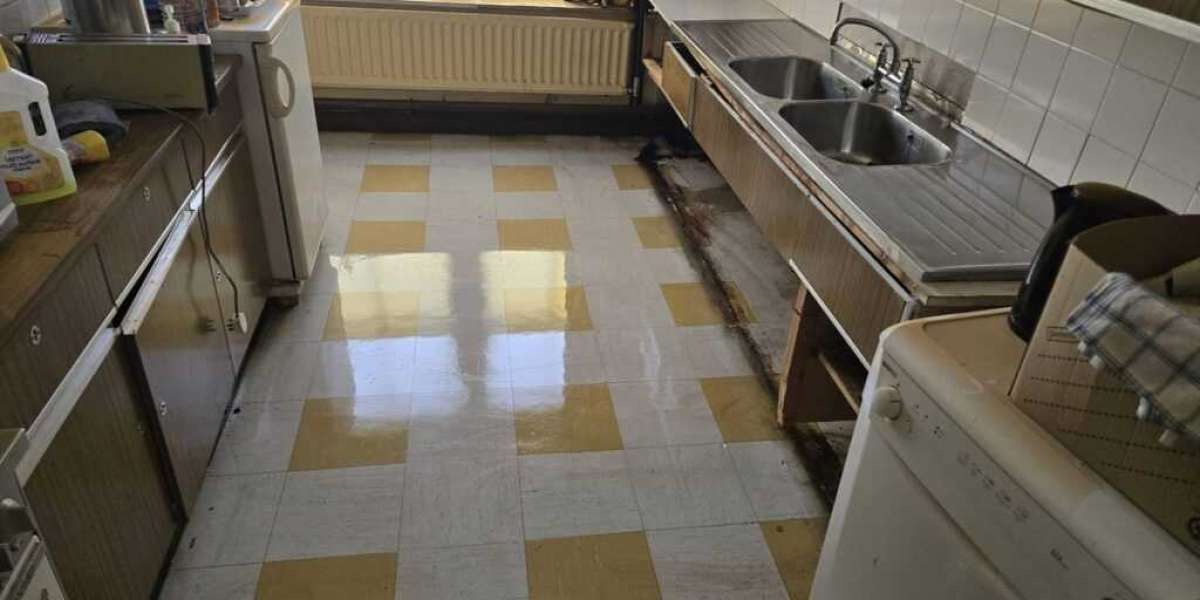What does a Protection Officer do?
A Protection Officer is a government-appointed member who helps a victim of domestic violence and assists in obtaining support, legal representation and protection orders.
Their main functions include:
- Help the victim file reports and documents in the courts.
- Connecting the victim with legal, medical, or shelter assistance.
- Helping victims with legal proceedings and court hearings.
- Secure the safety and wellbeing of the victim.
Key Responsibilities of the Protection Officer as per Section 9
The Protection Officer has key responsibilities to allow a smooth process for victims to address domestic violence cases:
1. Completing the Domestic Incident Report (DIR)
- Assists the victim in completing and filing a written crime report known as a Domestic Incident Report.
- The DIR is filed at the local courthouse with the Magistrate court so that a legal remedy can begin.
2. Arranging Emergency Services
- The Protection Officer arranges emergency medical attention, police protection and temporary shelter.
- The protection officer ensures that there is no further risk to the victim's safety.
3. Supporting Legal Processes
- A Protection Officer will work with the domestic violence lawyer to ensure proper evidence is gathered and documented.
- The Protection Officer can update the court on the victim's needs and the progress of their case.
4. Checking Compliance of Orders
- The Protection Officer checks on compliance by abuser with court orders that may include restraining orders or other maintenance orders.
- The Protection Officer can report to the court if there has been a breach of the order for the court's response.
5. Referring Victims
- The Protection Officer can assist and connect the victim with counselling services, legal aid or women's shelters.
- The Protection Officer can ensure victims receive necessary support services and not just legal assistance.
Conclusion
Section 9 the Domestic Violence Act grants authority and responsibilities to the Protection Officer. The Protection Officer plays a vital role in keeping victims safe, supported and facilitating justice to ensure victims of domestic violence are treated accordingly. The Protection Officer acts with the domestic violence lawyer to make sure that the victim is heard and their legal rights are protected under the law. All those experiencing abuse should know about the assistance available from the system thorugh Protection Officer.
When a victim of abuse understands a support system exists under the law, it can improve their situation in difficult times.
FAQs
1. What is the primary role of a Protection Officer?
To support and assist the victim throughout the legal process of a domestic violence case.
2. Is the Protection Officer a qualified police officer?
No, the Protection Officer is typically an appointed government individual from a social or legal division.
3. Can the Protection Officer help with court papers?
Yes, apart from reports like the DIR, the Protection Officer helps the victim to make legal filings.
4. What is done if the abuser does not comply with the court order?
The Protection Officer reports the abuser to court, and the court can act very severely.
5. Do I still have to have a lawyer if I have a Protection Officer?
Yes, A domestic violence lawyer provides legal advice and addresses the court, while the Protection Officer provides support during the case.








